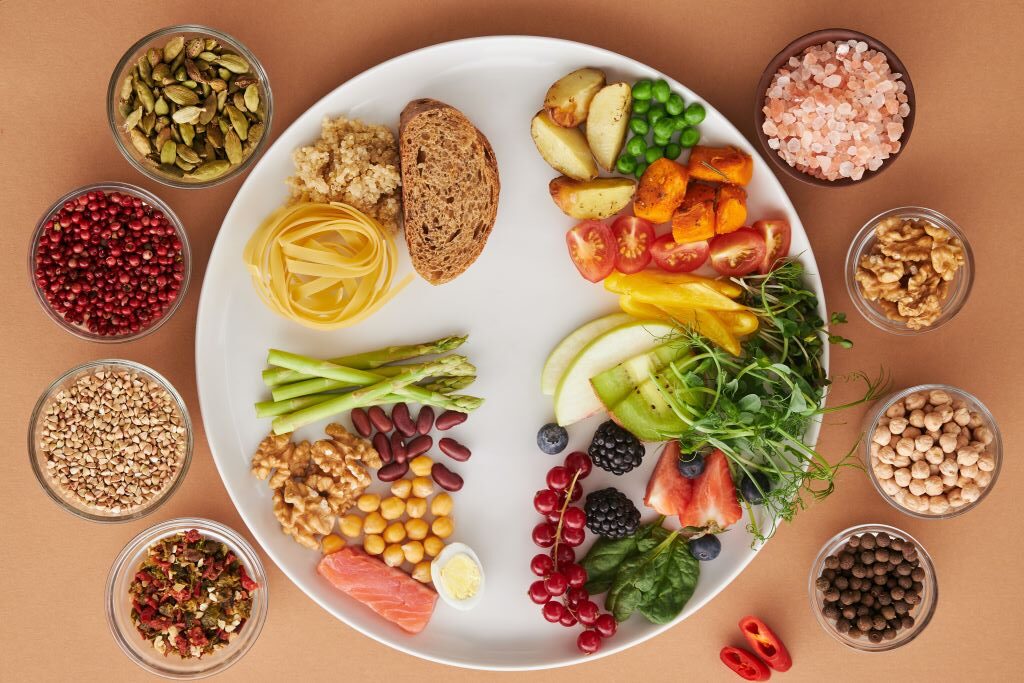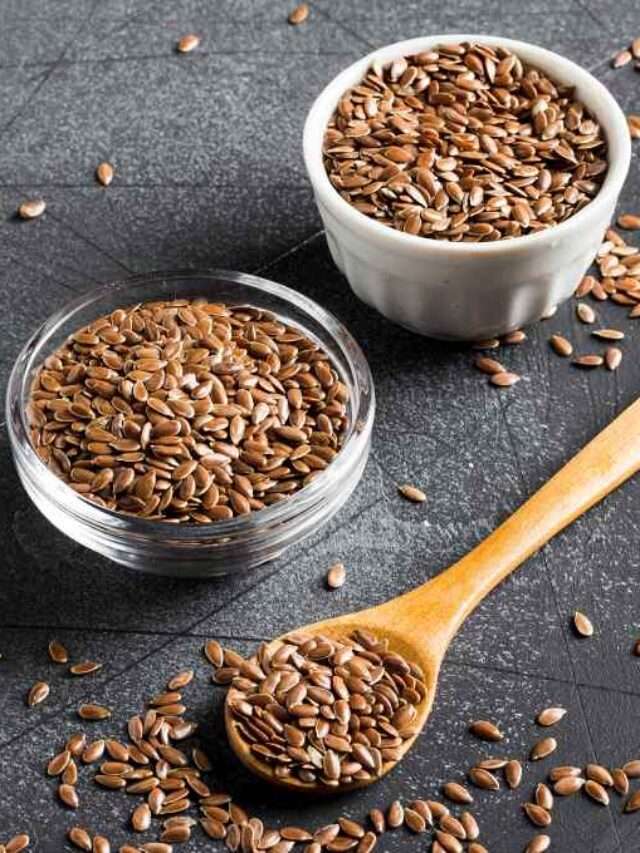Sleep and anxiety are closely interconnected, and the foods we eat can have a significant impact on both aspects of our well-being. In this blog, we’ll explore the role of tryptophan, a vital amino acid, and reveal the top 10 foods that can help you achieve restful nights and a calmer mind.
Understanding the Sleep-Anxiety Connection:
Before we delve into the world of tryptophan-rich foods, it’s essential to understand the fascinating link between sleep and anxiety. Learn how one affects the other and how dietary choices play a crucial role in balancing these two essential aspects of mental and physical health.
Tryptophan: The Relaxation Elixir:
Discover the science behind tryptophan and how it acts as a precursor to serotonin and melatonin—neurotransmitters that regulate mood and sleep-wake cycles. Uncover why this amino acid is often called the “relaxation elixir” and how it can enhance your overall well-being.
Bananas: Nature’s Sleep Aid:
Explore the benefits of bananas, a convenient and delicious fruit that’s rich in tryptophan. Learn how this humble fruit can help you combat insomnia and anxiety, and how it promotes relaxation before bedtime.
Nuts and Seeds: Tiny Packages of Tranquility:
Delve into the world of nuts and seeds and discover their tryptophan content. From almonds to pumpkin seeds, we’ll highlight these nutrient-packed wonders that contribute to better sleep and reduced stress.
Poultry: More Than Just Protein:
Learn why turkey is renowned for its sleep-inducing properties and how other poultry options can also be valuable sources of tryptophan. Unravel the myth behind the “Thanksgiving turkey coma” and find out how these meats can benefit your sleep routine.
Lentils and Legumes: Plant-Powered Slumber:
For our vegetarian and vegan readers, we haven’t forgotten you! Explore the protein-packed world of lentils and legumes, and uncover how they contain tryptophan to support your sleep and anxiety needs.
The Magic of Dairy: Milk and More:
Discover the truth behind the age-old remedy of warm milk before bedtime. We’ll explore how dairy products like milk and yogurt can positively influence your sleep quality and emotional well-being.
Dark Leafy Greens: Restorative Nutrition:
Incorporate more tryptophan into your diet with a variety of dark leafy greens. Learn about these nutritional powerhouses and how they promote relaxation and mental balance.
Oats: The Breakfast of Serenity:
Start your day with oats, a comforting breakfast option that can also contribute to better sleep and reduced anxiety. Find out how this versatile grain can be a valuable addition to your diet.
Balancing Your Diet for Optimal Results: Putting it all together:
Learn how to create a balanced diet plan that incorporates tryptophan-rich foods to maximize their benefits on your sleep and anxiety. Tips and tricks for meal planning and maintaining a healthy lifestyle will also be discussed.
Take charge of your sleep and anxiety by harnessing the potential of tryptophan-rich foods. Remember that small changes in your diet can make a significant difference in your overall well-being. Sweet dreams and a calmer mind await you on this journey towards better sleep and emotional harmony!
Another Benefits of Tryptophan Rich Food
In addition to their potential to improve sleep and reduce anxiety, tryptophan-rich foods offer several other benefits that contribute to overall health and well-being. Let’s know some of additional benefits:
Mood Enhancement: Tryptophan is a precursor to serotonin, a neurotransmitter that plays a key role in regulating mood. Consuming tryptophan-rich foods can increase serotonin levels, leading to improved mood and feelings of well-being.
Stress Reduction: Adequate serotonin levels can also help mitigate the effects of stress on the body and mind. By promoting relaxation and calmness, tryptophan-rich foods may aid in reducing stress and promoting a sense of tranquility.
Cognitive Function: Serotonin not only influences mood but also plays a role in cognitive functions such as memory, learning, and decision-making. Including tryptophan-rich foods in your diet may support optimal brain function.
Appetite Regulation: Some studies suggest that tryptophan-rich foods could help regulate appetite and promote a feeling of satiety. This may be beneficial for those seeking to manage their weight or make healthier eating choices.
Immune Support: Tryptophan is involved in the production of niacin, a B-vitamin that supports a healthy immune system. Consuming tryptophan-rich foods can indirectly contribute to immune function by aiding in niacin synthesis.
Cardiovascular Health: Certain tryptophan-rich foods, such as nuts and seeds, contain heart-healthy fats and antioxidants that can support cardiovascular health and reduce the risk of heart disease.
Muscle Recovery and Growth: Tryptophan is an essential amino acid, meaning the body cannot produce it on its own. It is necessary for protein synthesis, which is crucial for muscle repair and growth, making it beneficial for athletes and active individuals.
Skin and Hair Health: Proteins, including those derived from tryptophan, are essential for the repair and maintenance of skin and hair tissues. Adequate tryptophan intake can contribute to healthy skin and hair.
Bone Health: Some tryptophan-rich foods, like dairy products, contain calcium, which is essential for maintaining strong bones and preventing osteoporosis.
Nutrient Diversity: Incorporating a variety of tryptophan-rich foods into your diet ensures a diverse intake of other essential nutrients, vitamins, and minerals that are vital for overall health.
It’s important to note that while tryptophan-rich foods can offer various benefits, they are most effective when part of a balanced and nutritious diet. Consulting with a healthcare professional or a registered dietitian can help you tailor your diet to meet your specific needs and health goals.
The Magic of Castor Oil for Hair: A Natural Elixir for Healthy Tresses









